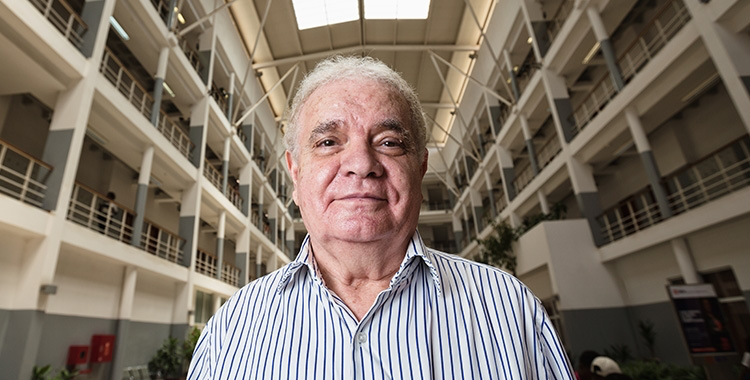On Monday, the Secretary of State for Finance, Osvaldo João, admitted using an additional “slack” of around US $ 800 million in the IMF plan, noting that the share available to Angola is around 4.5 billion of dollars.
"Being in a phase where the financing gap is relatively greater, given the reduction in oil revenue, if the IMF board of directors approves the addition of this tranche, we would be very happy and would help us a lot to do the treasury management in the near future ", said Osvaldo João.
For Alves da Rocha, if the disbursement is approved, it will be a signal that may influence other creditors in the African country, namely China, in postponing the payment of interest and amortization of its external debt.
"If there is this rescheduling, the country can gain here a chance to climb on the trampoline and give a greater impetus for something different to happen soon," he said.
However, the director and coordinator of the Department of Economic Studies of the Center for Studies and Scientific Research of the Catholic University of Angola (CEIC) expressed his concern about the destination of the money.
"Because the postponement of the payment of interest and the repayment of the loans is a postponement", he stressed, referring that in relation to China, Angola's main creditor, if there is an agreement for three years, the impact will arise at that time.
In this sense, the economist questions what will be done "with these temporary gains, with the postponement".
“Because it won't be just China, I am convinced of that. What will you do with this money, will you keep it in a safe, will you surrender, will you invest in the economy, where? It is making buildings for the CNE (National Electoral Commission), it is making other demands in terms of public investment, this is the concern that must be raised ”, he said.
According to Alves da Rocha, this transparency is important at a time when the country is experiencing a decrease in its tax revenues from oil, due to the agreement of Angola in the Organization of the Petroleum Exporting Countries (OPEC), an adhesion to which it has always been contrary.
“Now what will happen? Oil production is decreasing, Angola will have to confine itself to the quantities that OPEC determined, the price is now more or less stable at 40, 41 dollars a barrel, significantly above the 33 dollars provided for in the revised General State Budget for 2020, but what is a fact is that the value of exports has been decreasing, consequently the tax revenues of the State too, so what will be done with these transient gains ”, he questioned.
Alves da Rocha stressed that the impact of a new loan on the needs of the Angolan economy "is little, it will not count much", but it can be a positive sign for other creditors, including Portugal, to influence the debt negotiation external.
The professor stressed that the state of public finances in Angola "is very serious, difficult", but does not agree with the opinion that the only way for the country to straighten out public finances and organize the functioning of institutions is to reach an agreement with the IMF .
“Admitting that the IMF is the good policeman, who comes here, supervises, calls our attention so that they don't do it like this, do it in a roast, this is a devaluation of our ability to organize, to understand problems, to understand where is that there are difficulties and I don’t agree with that, but there are voices that say that the IMF’s arrival is positive, it was necessary for us to organize and discipline ourselves ”, he said.
The economist admits, however, “from an intellectual point of view and from economic theory”, that the IMF's arrival in Angola is a positive sign to attract investors to the country.
However, “the reality of the facts is not this, not even in Angola - I did not see the entry of substantial private investment - nor for the reality of the countries, which somehow, at some point, had to resort to the“ captain ”IMF and not have these empirical records ”, he stressed.







